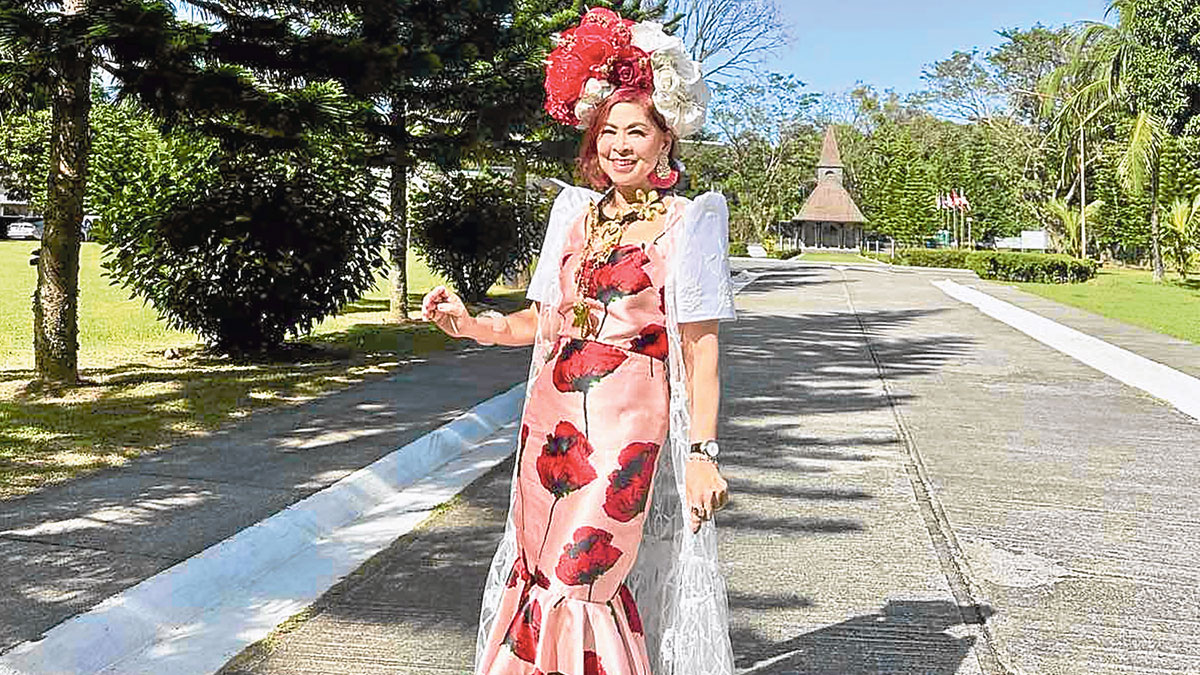I read a strange story the other day. The news report said the Philippine National Railways (PNR) has cancelled its Bicol Express route starting this December, thus depriving thousands of Southern Luzon travellers who want to take the train to spend the holiday season in their hometowns.
PNR officer in charge Josephine Geronimo was quoted saying that some bridges and tracks on the trains’ route needed repair. Also, houses lining the route hampered the trains’ operations.
Those are reasonable concerns, but what I found odd was another detail: The Candelaria (Quezon) PNR station was reportedly being used as a tiangge (flea market) and—are you ready for this—venue for wedding receptions!
Transport terminals everywhere are veritable market places, so having a tiangge is to be expected. But turning the Candelaria station into an events venue? Whose “brilliant” idea was it? Does PNR charge for the use of the station? If it does, where does the money go?
No headlights
Are Manila authorities aware that jeepneys don’t bother to turn on their headlights at night? Instead, they use tiny lights that are just a bit bigger than pinlights.
If this were Singapore, where streets are so brightly lit they make car headlights almost unnecessary, I can understand the practice. But the streets of Manila are only slightly brighter than dark moviehouses.
Aren’t there rules requiring operators of motor vehicles to turn on their headlights at night? Who is implementing these rules? How come authorities have not noticed that jeepneys are going around the city of Manila at night “stealthily,” as it is?
Officials only have to stand at the Robinsons Ermita area to see that jeepneys plying the San Andres-Pedro Gil and Sta. Ana-Pedro Gil routes have no headlights. Even jeepneys plying the Paco-Zobel Roxas route do the same.
I don’t know if jeepney drivers in other parts of Metro Manila are also guilty of this practice.
Gift-giving idea
The store chain Daiso Japan advises people to put more thought into the gifts they will give to friends and loved ones this holiday season. As the saying goes, it’s not the gift, but the thought, that counts.
Just because something is expensive does not mean it will be appreciated. If the gift is meant simply to impress and will be of no use to the recipient, it will probably just gather dust or be “recycled,” that is, gifted again to somebody else.
Some inexpensive but practical and/or nice things may be what some people actually want and need.
Daiso Japan invites shoppers to check out its cute, practical and useful merchandise at affordable prices, like beauty products, household items, pet essentials (like diapers), etc. The store also has wrappers, ribbons, decorative tapes and bags for gifts.
I must confess that I make it a habit to visit a Daiso Japan store when I see one. I have bought gifts that people found very useful, like reusable plastic ties in different colors. I often find things I need, sometimes without my realizing that I actually need them.
Daiso Japan has 55 stores nationwide through Robinsons Retail Holdings Inc., which holds the exclusive sub-license to sell authentic Daiso merchandise from Japan and operates the legitimate Daiso Japan store concept in the Philippines.
Like Daiso Japan on Facebook; follow @DaisoJapanPH on Twitter and @daisophilippines on Instagram.
Send letters to The Consumer, Lifestyle Section, Philippine Daily Inquirer, 1098 Chino Roces Ave. cor. Mascardo and Yague Sts., 1204 Makati City; fax 8974793/94; e-mail [email protected]










































